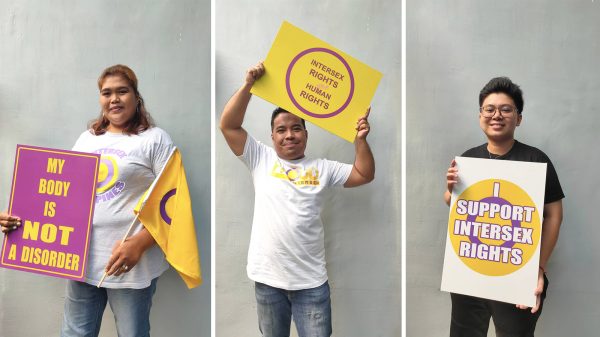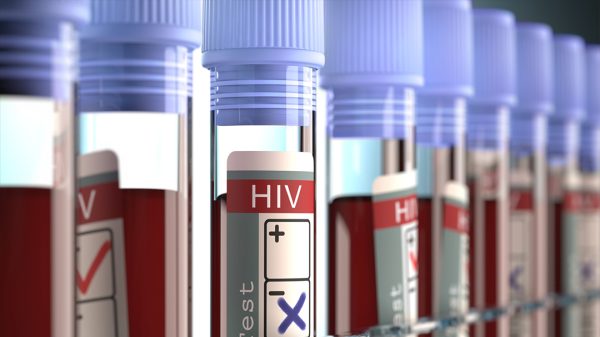In Quezon City, mayor Joy Belmonte signed the Gender-Inclusive Health Ordinance (SP 3416) that establishes a city-wide healthcare system that is inclusive, affirming, and responsive to the unique health needs of transgender people. This is the first-ever transgender-inclusive healthcare policy in the country.
The ordinance states: “The city recognizes the individual’s right to bodily autonomy and self-determination, that is having autonomy to determine their own fate without undue policing of their bodies, on the basis of an individual’s free, prior, and informed consent, and that is prerequisite to living life with dignity and ensuring the full enjoyment of human rights.”
This ordinance is supposed to ensure that city health services offer accessible primary care for transgender and gender-diverse individuals, including:
- gender-affirming consultations
- medical guidance
- counseling
- supervision
To make sure this happens, it mandates the establishment of a city-wide healthcare system to address gaps in healthcare access by being inclusive, affirming, and responsive to the unique health needs of transgender people.
The ordinance similarly:
- mandates sensitivity training for medical professionals and providers;
- ensures inclusive facilities and policies in city hospitals and clinics;
- expands existing mental health services to support LGBTQIA+ individuals by also covering issues like trauma, shame, self-harm, violence, stigma, and discrimination;
- prohibits denial of gender-affirming recognition in public settings, such as intentional misgendering, and other transphobic slurs; and
- prohibits any form of SOGIESC (sexual orientation, gender identity, gender expression, and sex characteristics) conversion practices, including involuntary psychological therapy, counseling, or medical treatment, and professionals and establishments conducting SOGIESC suppression practices.
Sanctions for violators include suspension or revocation of license and certifications. Also, non-referral or non-providing of health services to transgender and gender-diverse persons in health care settings will be considered as Discrimination in the Delivery of Goods and Services, which will also be penalized under the ordinance.





























































